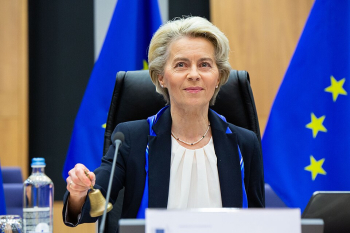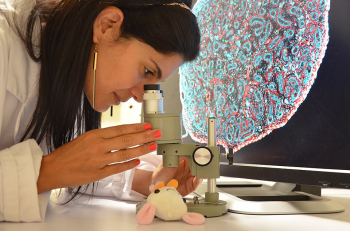
The 2024 European elections are now concluded, marking a significant event for the European Union. Here’s a comprehensive look at the key aspects, from the
Parliament’s information campaign to the election results and the next steps.
Election Overview
Between June 6-9, 2024, millions of EU citizens cast their votes to elect their representatives to the European Parliament. The culmination of this democratic process was an election night held in the plenary chamber of the European Parliament in Brussels, where hundreds of journalists gathered to report on the provisional results.
Reflecting on the elections as the results started to come in, Parliament President Roberta Metsola stated: “Democracy is alive, and our Parliament will be one that is constructive and will continue to work for all Europeans.”
Election Results
At the end of election night, projections based on provisional results from 23 countries, alongside estimates and pre-electoral data from the remaining four, were published. Preliminary figures suggested an estimated turnout across the EU of about 51%, similar to the turnout in 2019.
For detailed information on individual country results and aggregate numbers at the EU level, visit the election results website.
The European Parliament will continue to collect and publish data as it becomes available from EU countries. Final results may take several weeks to be fully confirmed.
Post-Election Processes
With the 2024 European elections concluded and provisional results known, the focus shifts to forming the new Parliament, approving the new European Commission, and resuming legislative activities.
In the weeks following the elections, newly-elected Members of the European Parliament (MEPs) will form political groups based on shared political ideologies. From July 16-19, MEPs will convene for the constitutive session to elect the Parliament’s leadership, including the President.
European political parties have nominated lead candidates for the European Commission President. The election outcomes will significantly influence who fills this role. MEPs will vote to elect the new President of the European Commission, nominated by EU country leaders.
Parliament will conduct hearings with prospective Commissioners to assess their suitability for their designated portfolios. This will culminate in a plenary vote where MEPs will decide whether to approve the entire Commission.
Support from Civil Society and Businesses
Prominent figures from Europe’s business, cultural, and non-profit sectors actively participated in campaigns to raise awareness about the elections and encourage voter turnout. Over 500 pan-European umbrella organizations, along with numerous national-level entities, promoted the #UseYourVote campaign through various networks and social media channels.
On Europe Day, May 9, significant buildings across Europe were illuminated in the colors of the EU flag to highlight the importance of the elections.
Additionally, the together.eu community, which has grown to more than 200,000 members, played a vital role in promoting electoral participation. This initiative, managed by the European Parliament, aims to engage citizens in Europe’s democratic life and encourage active participation in democracy.
The European Parliament’s campaign, “Use your vote or others will decide for you,” aimed to motivate voter turnout. A central element of the campaign was a short video emphasizing the importance of voting and protecting democracy, which garnered over 500 million views.
The video features senior citizens from various EU countries sharing their stories about democracy, underscoring that democracy and voting are privileges that should not be taken for granted.
EU institutions have been proactive in defending the European elections against disinformation and information manipulation targeting European democracy. A Eurobarometer survey indicated that 81% of EU citizens consider misleading or false information a problem for democracy.
The Parliament has collaborated with other EU institutions, national authorities, media, fact-checkers, and civil society to share insights, exchange best practices, and coordinate responses to combat disinformation.
The 2024 European elections underscored the vitality of democracy within the EU. As the newly elected Parliament begins its work, the focus will remain on continuing to serve and represent all Europeans effectively.

















